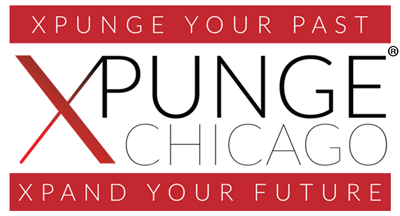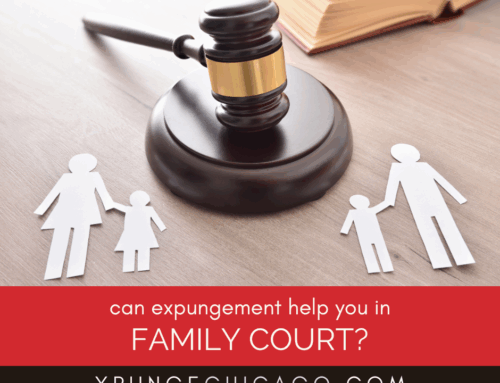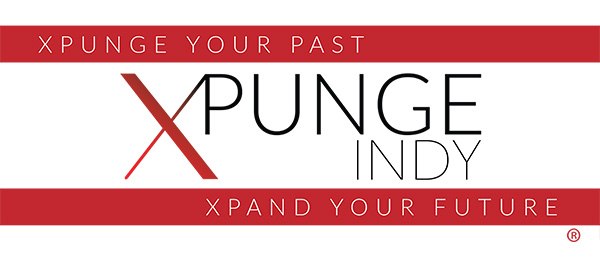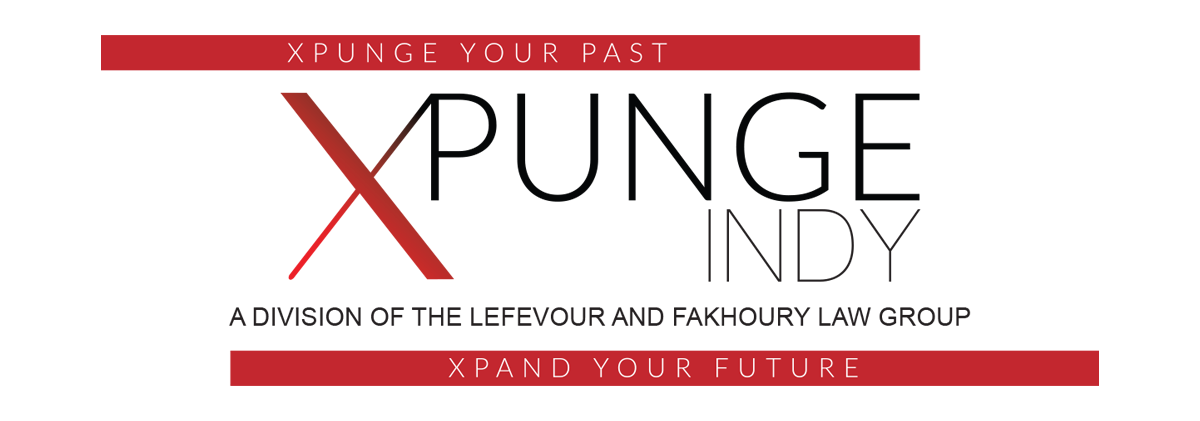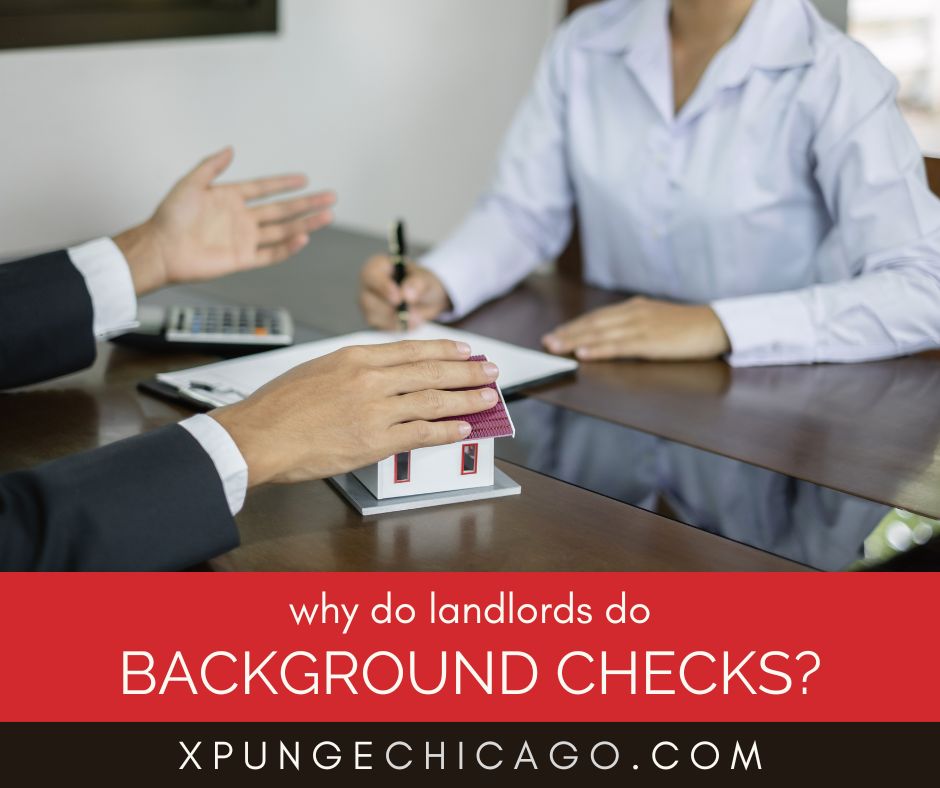
If you’re like many people, you know that when you apply for a new place to live, the landlord is probably going to run a background check on you. But if they do that, will they be able to see old arrests, charges and convictions? What else will they see? This guide explains the following:
- What is a background check, and why do landlords run them on prospective tenants?
- What information will a landlord see on a tenant’s background check?
- How can someone clear their criminal record so that it doesn’t show up on a background check?
- What are the consequences of having a criminal record that shows up on a background check?
- How can someone seal or expunge their criminal record?
What is a Background Check, and Why Do Landlords Run Them on Prospective Tenants?
A background check is a process in which an employer or landlord reviews the public records of a prospective employee or tenant. These records can include things like criminal history, credit information, and more. Landlords run background checks on prospective tenants to help assess the risk of renting out their property. They use this information to determine if they feel comfortable renting to someone or not.
Related: Do dropped charges show up on your criminal record?
What Information Will a Landlord See on a Tenant’s Background Check?
The information that will appear on a tenant’s background check depends on the type of background check being performed. For example, if the landlord is running a criminal history check, they may be able to view any past arrests and convictions for crimes like burglary, fraud,
What Information Will a Landlord See on a Tenant’s Background Check?
The information that landlords can see on a tenant’s background check will depend on the type of background check they choose to use. Generally, landlords may be able to access criminal history, eviction records, credit reports, and other public records. Furthermore, the landlord may also be able to access information such as references or employment history if they ask for it.
Related: How soon should you clear your record before you look for a job?
How Can Someone Clear Their Criminal Record So That It Doesn’t Show Up on a Background Check?
There are several ways that someone can clear their criminal record so that it doesn’t show up on a background check. These include sealing or expunging the record, completing a diversion program, or obtaining a pardon from the court. Depending on the state and type of crime, one of these methods may be available for an individual to clear their criminal record.
What Are the Consequences of Having a Criminal Record That Shows Up on a Background Check?
Having a criminal record that shows up on a background check can have consequences for someone looking for housing. Landlords may be more hesitant to rent to someone with a criminal record, and the individual could end up being denied the rental. Additionally, having a criminal record may also make it difficult for an individual to find employment or access financial services.
Related: What information will show up on an employment background check?
How Can Someone Seal or Expunge Their Criminal Record?
In some states, an individual may be able to have their criminal record sealed or expunged. This process involves filing a petition with the court and demonstrating that you have been rehabilitated since your conviction.
We may be able to help you seal or expunge your record. Call us at 847-920-4540 now to schedule a free consultation with an experienced Chicago expungement and sealing attorney right away.
Ultimately, understanding what landlords can see on a tenant’s background check and the available methods for clearing one’s criminal record is important for anyone looking to rent a home or apartment. With this information
Do You Need to Talk to an Attorney About Expungement or Sealing?
If you’re tired of your criminal past coming back to bite you, we may be able to help. Call us right now at 847-920-4540 or fill out the form below so we can talk about your case.
Oops! We could not locate your form.

